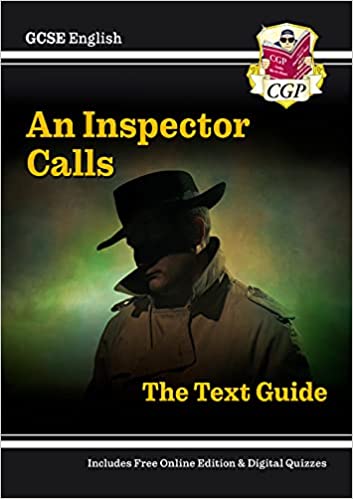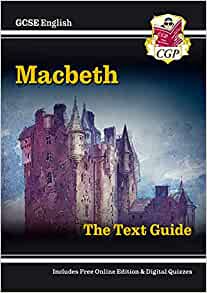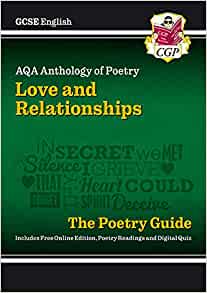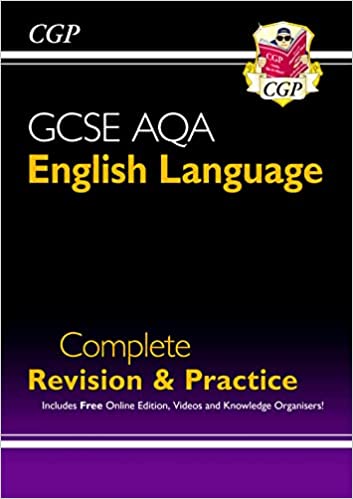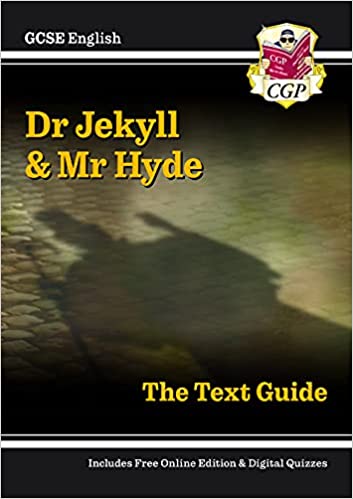IELTS Life Skills
IELTS Life Skills is for those who need a family visa to the UK. This is a light version of the classic IELTS exam. IELTS Life Skills tests how well you can communicate in English in everyday life.
Why take IELTS LIFE SKILLS?
Many people who are interested in moving abroad, getting a job or studying at a foreign university have come across the IELTS exam. Some people know that there are two types: Academic and General.
- Academic (academic module) – assesses readiness to study or work in an English-speaking environment.
- General (general module) – tests general knowledge of the language, the ability to understand English speech and basic communication skills.
But not everyone knows that there is a third type of IELTS – Life Skills. IELTS Life Skills is a simplified version of IELTS for those who need a family visa, spouse visa or immigrant visa, permanent residence or British citizenship.
This test checks how well you understand the speech of a native speaker, how well you can express your thoughts in a dialogue. IELTS Life Skills evaluates two skills:
- Speaking (speaking)
- Listening (listening)
Preparing for IELTS Life Skills is much easier than preparing for IELTS Academic or IELTS General. But that doesn’t mean you can’t prepare at all. IELTS Life Skills has a different scoring system, you get either Pass (passed) or Fail (failed). And if you receive a Fail, you cannot apply for a visa.
I advise you not to neglect thorough preparation for IELTS exam.
There are 3 types of IELTS Life Skills.
- A1 (Elementary) – An exam for those whose goal is a family visa to the UK.
- A2 (Pre-Intermediate) – An exam for those whose goal is to extend a family, spouse or partner visa to the UK.
- B1 (Intermediate) – For rent if you need a permanent residence permit or citizenship.
It is important to note that the A2 (Pre-Intermediate) version of IELTS Life Skills is only available in the UK. The most common are the A1 and B1 level confirmation exams.
The Life Skills exam takes place in the following order. You listen to a CD and answer questions about everyday topics such as:
- personal data and experience
- family and friends
- purchases
- Work
- health
- studies and courses
- transport
- household
- weather, etc.
At the end, you will have a short discussion on the topic you have listened to. The test is passed with the examiner and with another candidate.
The duration of the A1 Speaking and Listening part is 16-18 minutes
The duration of the B1 Speaking and Listening part is 22 minutes
It is important to note that not all centers accept the IELTS Life Skills exam. Be sure to check this point in the selected center.
What tasks can you meet in IELTS Life Skills?
Let’s look at the tasks in IELTS Life Skills, starting with listening.
- Listening
You will need to listen to the speech of a native speaker and complete the task. A native speaker will talk about something and you will need to complete a simple task to confirm your level of English.
- Speaking
This part is a dialogue on everyday topics. Questions are asked in such a way that the candidate shows the ability to talk about past and future events. You need to show that you can communicate in English at a household level. You will participate in short discussions on everyday topics. For example: personal information, education, course attendance, shopping, family and friends, work, leisure, transportation, weather.
Tasks for level A1
- listen and understand what is being said. This part contains a simple story, questions or a short instruction.
- share your opinion on everyday topics.
- to build a dialogue with the interlocutor about some life situation.
Tasks may include:
- information exchange
- description
- expressing one’s opinion on an issue
- Update information
- your preferences
- do you agree with any statement or not
- how can you comment on the situation
- explain something
- make a guess
Tasks for level B1
- listen to information, understand what is being said, follow simple instructions
- build a dialogue and share your impressions and opinions on any topic
- build a dialogue with the interlocutor, comment and respond to his statements
- planning an event with a second examinee
Tasks may include:
- comparing something
- story
- planning
- explanation of something
- expression of confidence about an event
- questions about past events
IELTS LIFE SKILLS, IELTS ACADEMIC & IELTS GENERAL – the main differences
IELTS exam options are very different from each other. If you plan to take this test, then you need to figure out exactly what kind of exam you need.
- You need to check the requirements for your visa type and whether you need SELT (Secure English Language Testing) for your UK visa category. For more information, please visit www.gov.uk
- Check directly with the university of your choice which IELTS certificate they accept. Refine the passing score.
- Ask your employer which certification you need to work for a particular company.
Because if you need, for example, IELTS ACADEMIC, and you pass IELTS Life Skills, then your certificate will not be accepted.
Traditionally, IELTS Life Skills is taken to obtain a family visa to the UK.
IELTS ACADEMIC – for studying abroad.
IELTS GENERAL – for work or moving to permanent residence.
What level of English is IELTS Life Skills?
IELTS Life Skills certifies English language proficiency at level A1, A2 or B1.
A1 (Elementary)
You have a vocabulary of 500 to 1500 words. Ability to use basic grammatical structures. You can tell about yourself, about your work, hobbies and hobbies. Keep the conversation going and ask questions.
A2 (Pre-Intermediate)
Vocabulary is 1500-2000 words. Here you will already begin to understand the speech of native speakers, but not completely. You will be able to communicate in everyday situations.
B1 (Intermediate)
At this level, the vocabulary is 2500-3000 words, you own all the necessary grammatical structures. You have a fairly free speech. You will understand approximately 90% of the speech of foreigners. You can write letters well.
Author:
Adam Noah
I’m an IELTS instructor for 5 years and I’ve taught over 3000 students to pass IELTS exam with band 7-8.
About English Made Simple

English Made Simple is a website dedicated GCSE English, IELTS Preparation and other things providing useful content to readers all across the world on how to improve their English.


